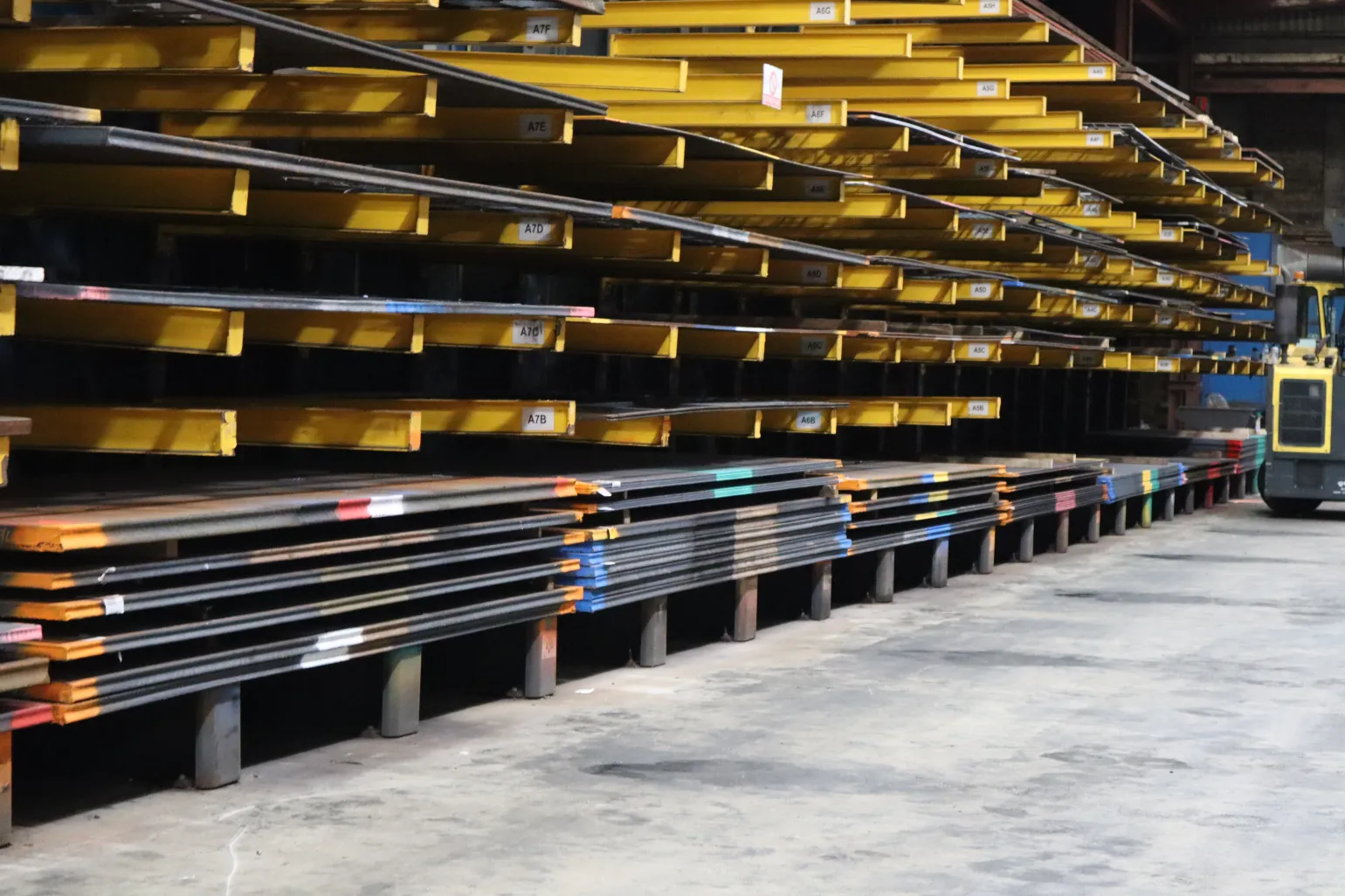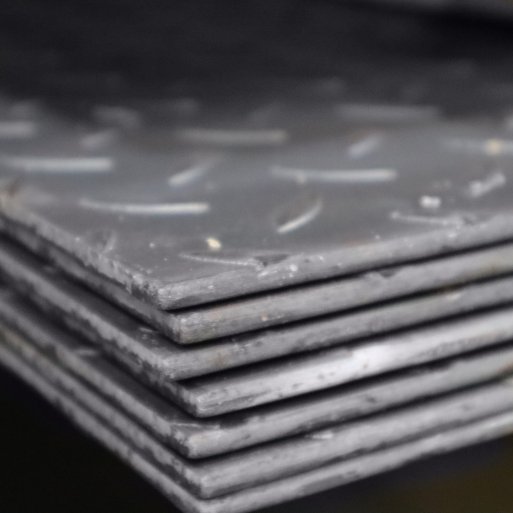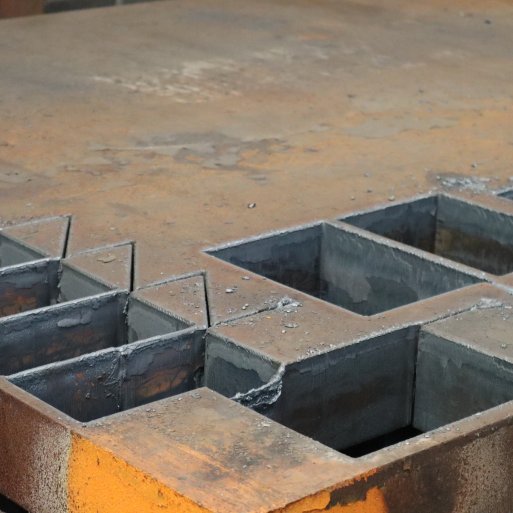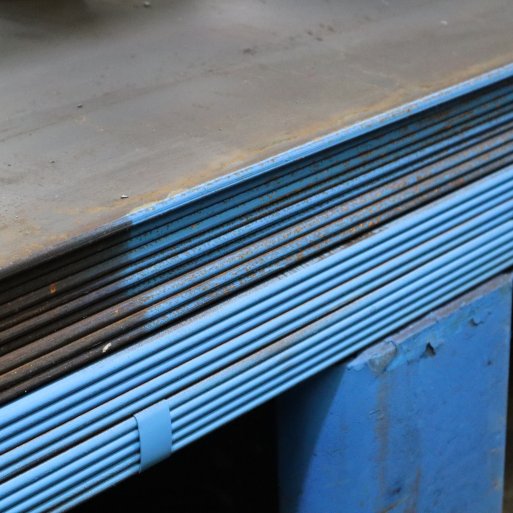How to choose the right metal sheets for your industrial needs
Metal sheet is almost everywhere we look. You’ll find it in cars, on house facades, and used in furnishings, machines, and a variety of other applications. Not all metal sheets are the same, as they have different properties that make some types better for certain applications than others. Choosing the wrong type of steel sheet can result in numerous safety concerns, a much higher cost than anticipated, weak performance, low yield, or part or product failures. Find out how to make the right choice for your industrial needs.

The versatility of metal sheets manufactured from high-quality steel makes them suitable for an incredible variety of applications in almost every industry. The easiest way to know when you need steel sheets for a project is to consider whether the sheets’ properties enable them to meet all the necessary requirements.
The basic properties of different types of steel sheet include:
Having seen how the knowing the properties of metal sheets can help you decide whether you should use them in your project, let’s find out how to choose the right type of sheet. Start by considering your options, as there are many different types of steel sheet. Next, consider the project requirements, as your choice will need to meet these. When you’ve done that, think about any additional manufacturing processes required. Lastly, consider any finishing touches that might need to be put on. Let’s explore this in a little more detail:
The various types of steel used to make sheets have various compositions andproperties. Ensure you understand them before making a choice. Some of thedifferent types of sheet metal you can choose from include:
Depending on the nature of your project, you might need to put the finishing touches on it. Consider whether your preferred type of metal sheet is the best option for those processes. Some processes to consider include:
Your project might involve additional manufacturing processes. Consider whether the types of steel sheet you’re thinking about using are suitable for those processes. Some additional manufacturing processes include:
Consider the project requirements and then work out the style and strength of metal sheet that would be most appropriate for the job. You’re likely to going to have to compromise between different factors such as appearance, cost, strength, and weight, so you need to understand those factors’ relative importance to the performance of the part in the end application. For example, weight is a more important factor in aeronautics applications than in mostindustrial machinery applications. Factors to considerin light of project requirements include:
There is much to consider when choosing the right type of metal sheets for your industrial needs. A variety of different sheets are available, each one with properties that could make or break your project. Take time to make the best choice so you can look forward to another successful project. Order high quality steel sheets from Pulman Steel.


